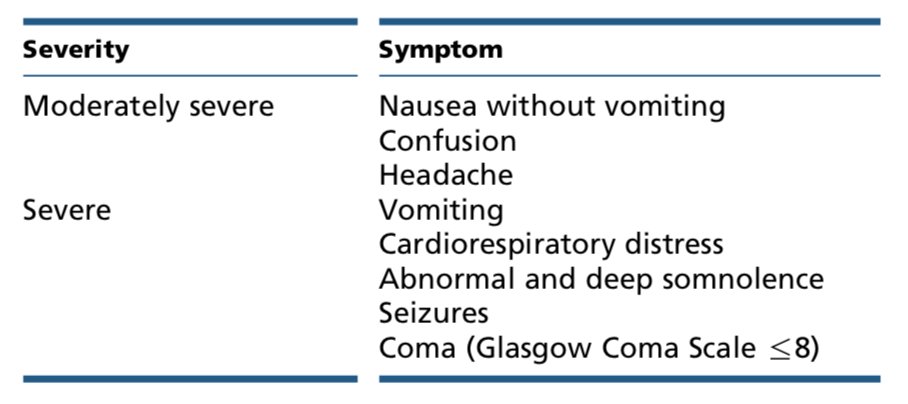
I have a patient with anti-PLA2r + membranous nephropathy who was taking a lot of NSAIDs before the onset of disease. Does the anti-PLA2r antibodies exonerate the NSAIDs? #AskRenal
It is an incredibly interesting case. The patient, who was born in east Asia, presented to me years ago with a history of HIV (treated with tenofovir disoproxil fumarate) with a mild increase in cr. U/A showed heavy proteinuria.
Patient was not concerned with the increased proteinuria but the lower extremity edema. We treated with furosemide and did a biopsy. The biopsy was inadequate with only 2 gloms🤯
both sclerosed 🤯🤯🤯
both sclerosed 🤯🤯🤯
Pathology stained the gloms for anti-PLA2r and it lit up so we treated this as idiopathic membranous. After watchful waiting we initially tried tacro which reduced the proteinuria, cleared the anti-PLA2r but did not correct the nephrotic syndrome.
With the dissociation between anti-PLA2r and the patient's symptoms we did a second biopsy before deciding on the next step in therapy. This had plenty of gloms and was consistant with membranous nephropathy.
We started the patient on rituximab and after a looooong time the patient went into complete remission. The NSAID thing just came up at a recent visit when the patient was asking why this happened. What caused the patient's membranous nephropathy.
• • •
Missing some Tweet in this thread? You can try to
force a refresh











